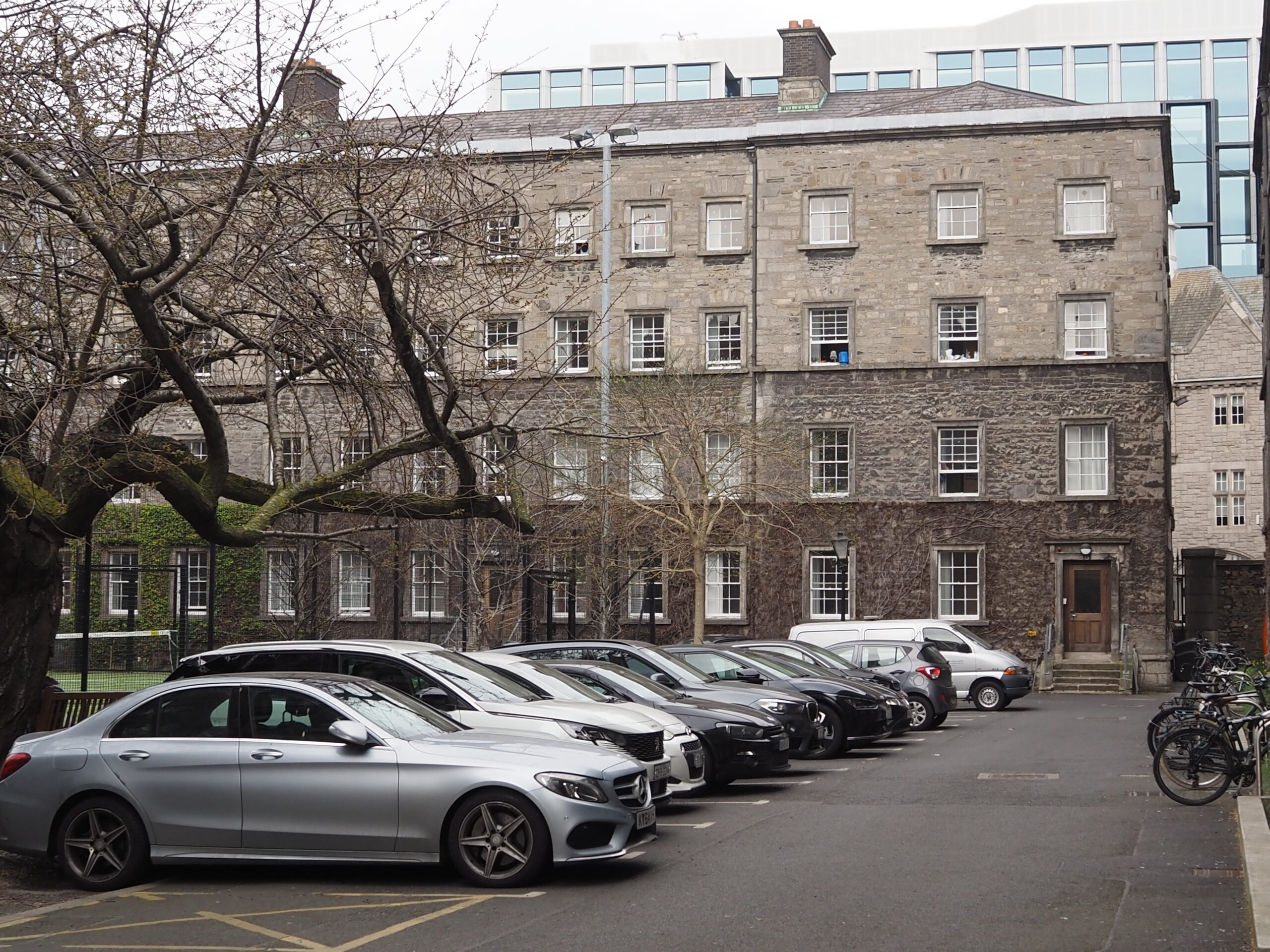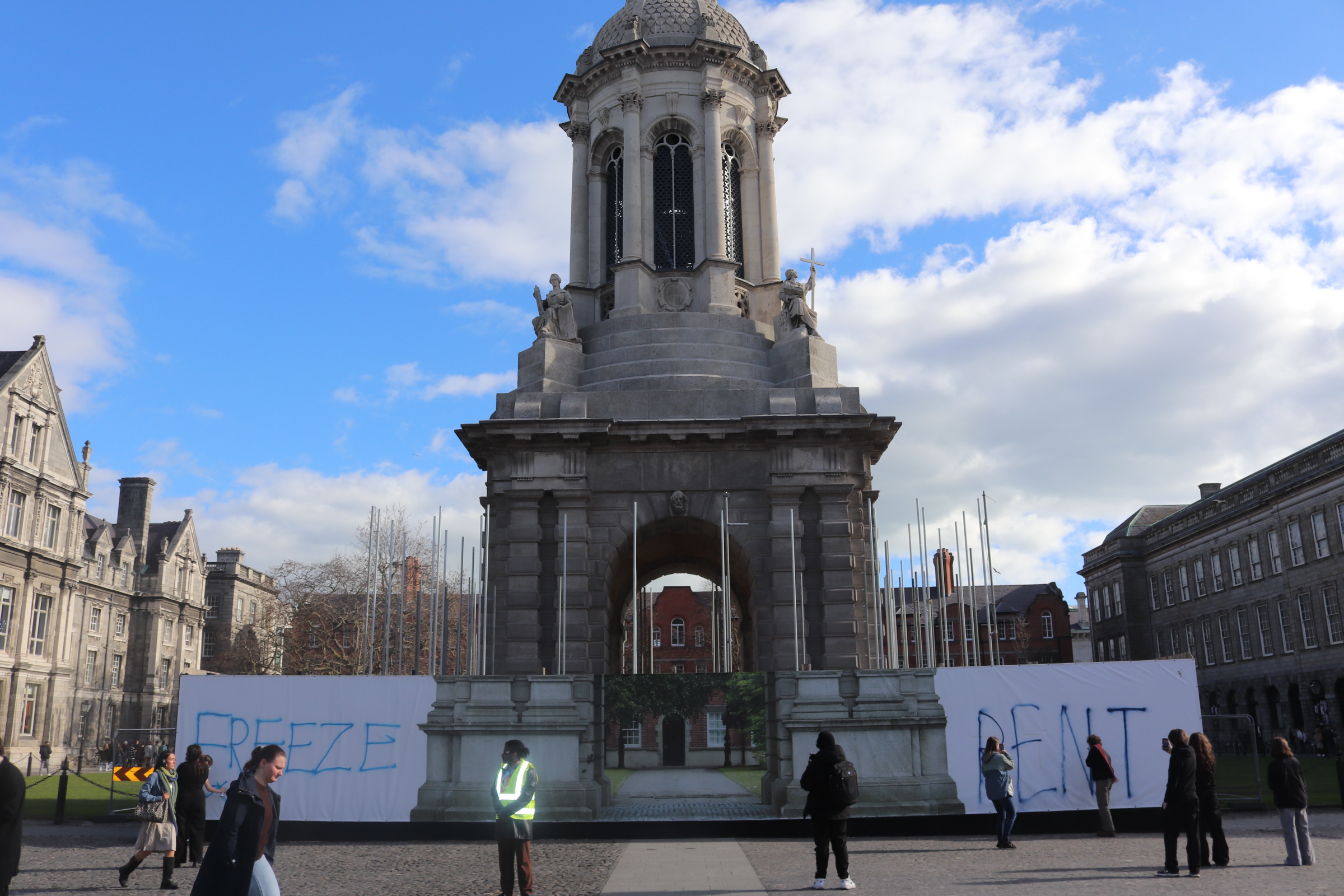A newspaper holds a unique position in society. A national newspaper exists to inform the public and to hold to account those that are in power. This is also true of a college newspaper, albeit on a much smaller scale. Even though the scale is smaller, the principle remains, and should remain, the same. But if it is the job of the newspaper to hold others to account, who then holds the newspaper to account? Who will be there to make sure that the newspaper publishes things that are honest, true, accurate, and fair? In Latin, this question can be posed by asking quis custodiet ipsos custodes?, which asks, simply, who will guard the guardians. First posed in this form by the Roman poet Juvenal, the question is used today to sum up the concerns of Socrates in Plato’s Republic. The solution proposed over two thousand years ago was that the guardians would have to properly train their souls. That is, it is up to the guardians to guard themselves.
Related Content
There are very few people who disagree with the notion that a functioning democracy depends on a free and open press. In the very first issue of The University Times, the newspaper’s founding editor, Robert Donohue, expressed this notion in a profoundly succinct way: “When Napoleon said ‘I fear the newspapers more than a hundred thousand bayonets’ he was not afraid of paper cuts or getting ink on his hands. Rather, he knew that a free press could hold him accountable for his actions.” Yet, when Donohue wrote that, he was primarily addressing a fear of any outside imposition that would affect the “immutable right of a newspaper to print what it is right to print”. Today, we are pointing out that, internally, a failure of a newspaper to uphold basic principles renders this immutable right meaningless.
As such, it is up to the editorial staff to make sure that key, fundamental principles are upheld within the running of the newspaper – a code, of sorts. It is all too easy to let certain standards quietly slip – a miscredited quote, an unreferenced idea. But a failure to take action can lead to a situation in which respect for such standards slowly dies, along with the public’s respect for the newspaper, or where the public is slowly, and unknowingly, misinformed. In cases where it is not immediately obvious to the public that standards are being ignored, such as when plagiarism is discovered internally or in a case when it is unlikely that a big deal will be made of it if we don’t draw attention to it ourselves, a question logically follows: why should a newspaper inform its readers that it has broken the trust relationship that it has with them, if the readers are themselves unaware that the trust has been broken?
Some would say that a newspaper’s role simply lies in holding others to account. But in that lies the implicit assumption that what a newspaper says is law, is right, and should be unquestioned. Yes, it is up to the guardians to guard themselves, but if a newspaper has a way to make its readers more vigilant and more questioning by making them aware that newspapers are fallible, then it should. We are not so simple-minded to think that anyone holds The University Times up as an infallible institution, but by drawing attention to a prominent case where our readers can be aware of our fallibility, we make it immediately obvious that this is the case. Thus, our readers become partly responsible for keeping us in check, and thus form part of a chain that guards the guardians. Otherwise, we rely on something known as a “noble lie”, where we convince ourselves that there is no other way than to make sure we keep ourselves in check. But this noble lie has failed all over the world, in every type of institution, in so many cases. No-one can “train their souls” perfectly.
Aside from that, it does not feel right to leave our readership uninformed of our mistakes. Because, by breaking this trust relationship with the readers, the newspaper fails at the most fundamental level of its core function in society. And trust is a two-way street: aside from any argumentative explanation as to why the readership should be informed, it just feels wrong for them not to be. The thought of brushing an issue like this under the carpet provokes a fundamentally uncomfortable feeling in us, and we hope that it would for most journalists. To us, holding everyone else to account but ourselves feels like some sort of ridiculously unsustainable situation, even if it is technically possible for newspapers to hold everyone to account but themselves. Yet, we don’t need technicalities or logic or the law to inform us of our moral absolutes – because they should be inherent. In the end, it comes down to a fundamental respect for our readers. Because, without readers, a newspaper is nothing.
Newspapers must tell the truth, the whole truth. They must respect, and protect, their sources. They must attempt to navigate any bias they might have. Their opinion must be their own, and their facts must be correct. If newspapers fail at this, they are failing at their central purpose – to inform readers by giving them the truth. Donohoe described this as allowing “good ideas to defeat the bad, lies to see the truth.” This is why it is so important for the editorial staff to have that sense of perfectionism, of intense attention to detail – because if they do not uphold those standards, no-one else will. The stone that Donohoe placed remains where it was laid, and we have no intention of moving it.
Also in Editorial this week: Fashion Controversy Highlights Lack of Knowledge About Transgender People
Written by the Editorial Board of The University Times






